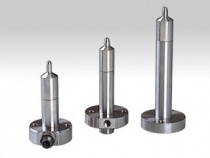Engine Equipment for Ships
Morikawa Gauge manufactures parts for diesel engines in tankers and other large vessels.
The marine engine is at the heart of the ship.
The fuel control system parts and supercharger parts manufactured by our company, in particular, are the key components in this heart.
The product industry in which we currently work is a niche industry.
However, Morikawa Gauge manufactures parts with the largest domestic market share in this industry.
Control Valves
Control valves are the core of an electronically controlled engine, required to control fuel exhaust and intake timing.
They require precision finishing of difficult-to-cut materials with high hardness, heat resistance, and wear resistance.
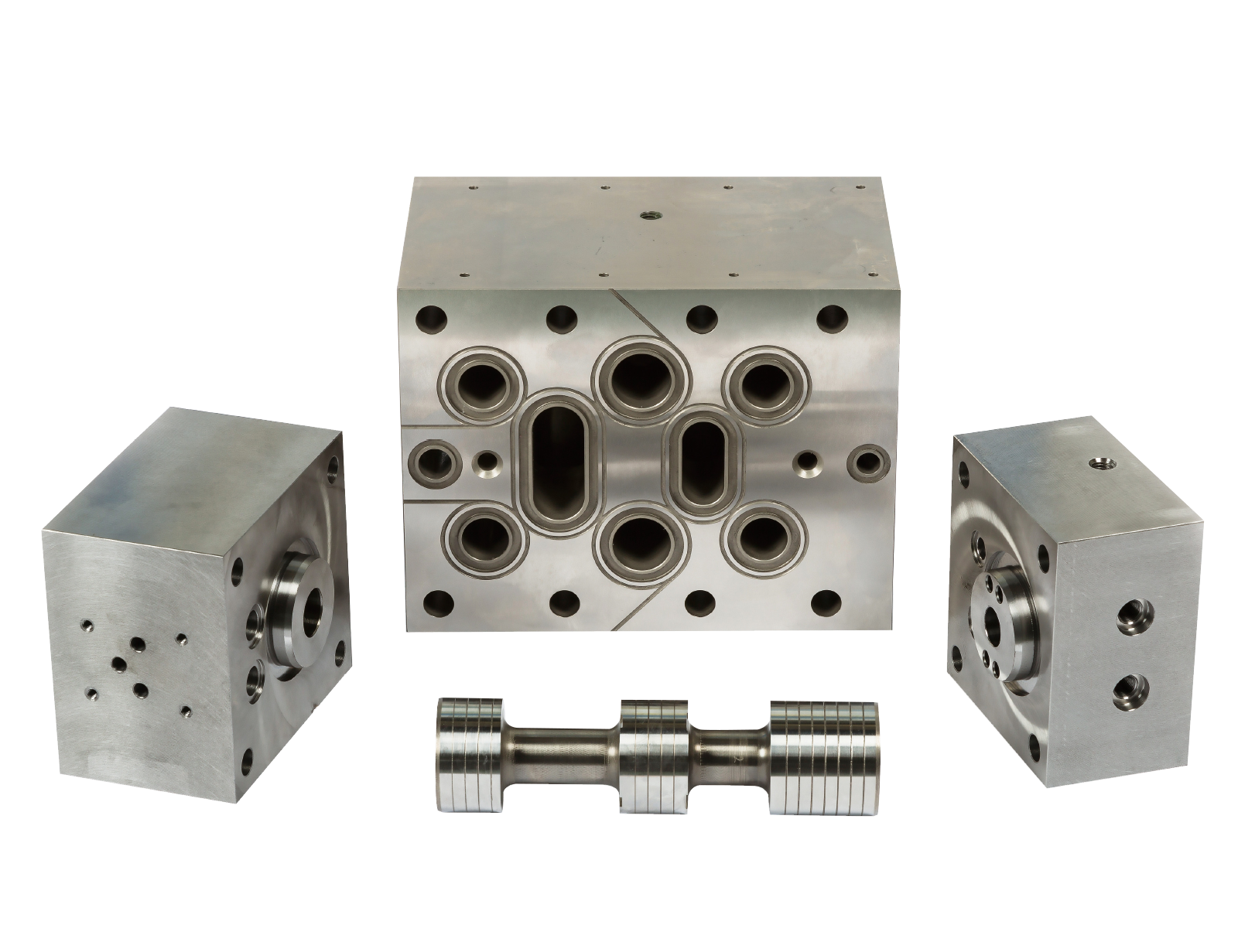
Supercharger Parts
Failure of a supercharger at sea can leave a ship dead in the water.
Most superchargers include high-speed rotating bodies with a speed of 10,000 rpm or more, and they require micron-level geometric tolerance, such as in the squareness with the rotor axis, the surface roughness of the contact surface, and flatness.
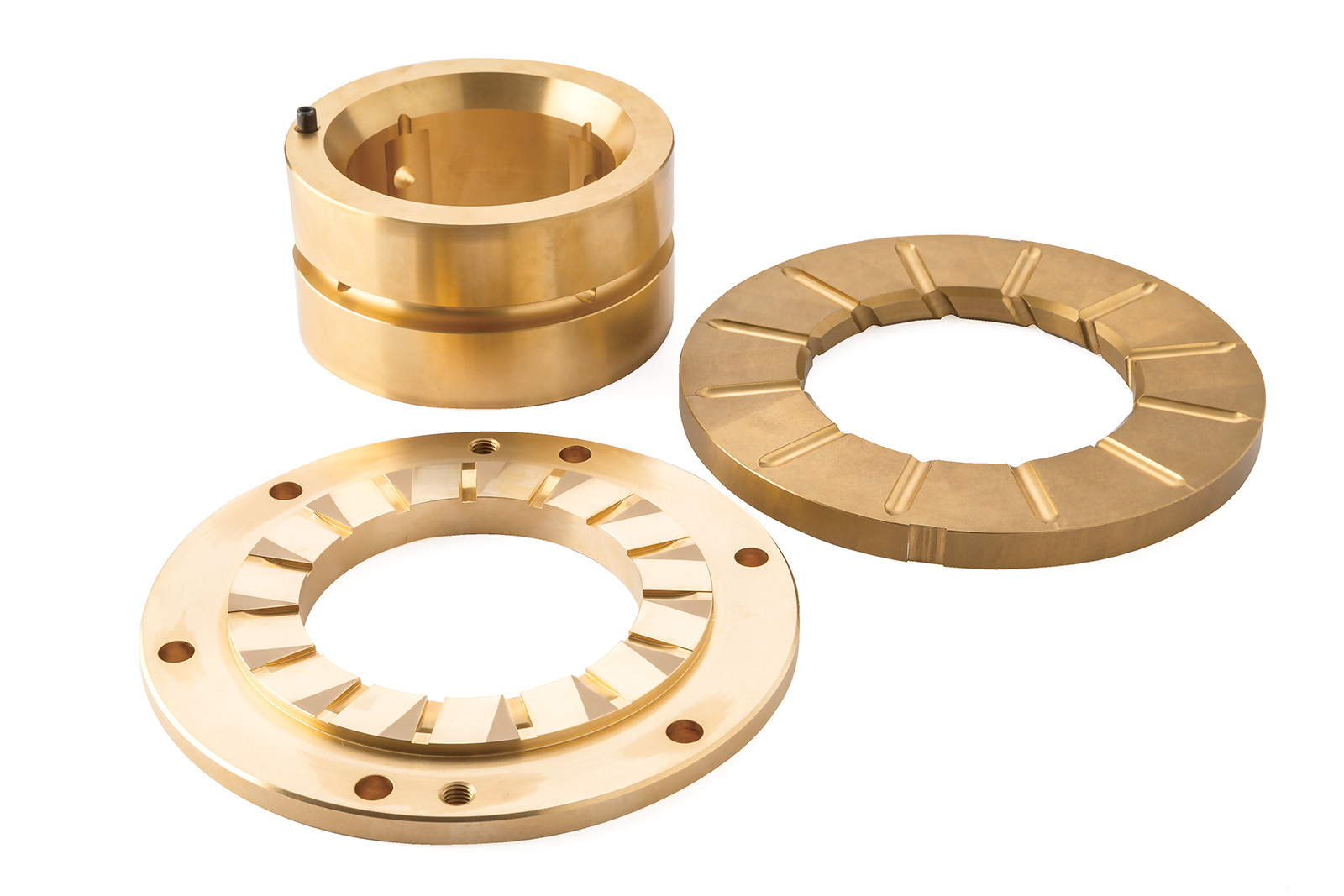
Starting Air Controller Assemblies
As its name indicates, the starting air controller starts the engine by sending pressurized air in a timely manner.
Because ships do not have brakes, they instead reverse the screws and stop propulsion with a reactive force. In such instances, too, the starting air controller activates first. This is a key component for controlling both starting and reversing of the ship.
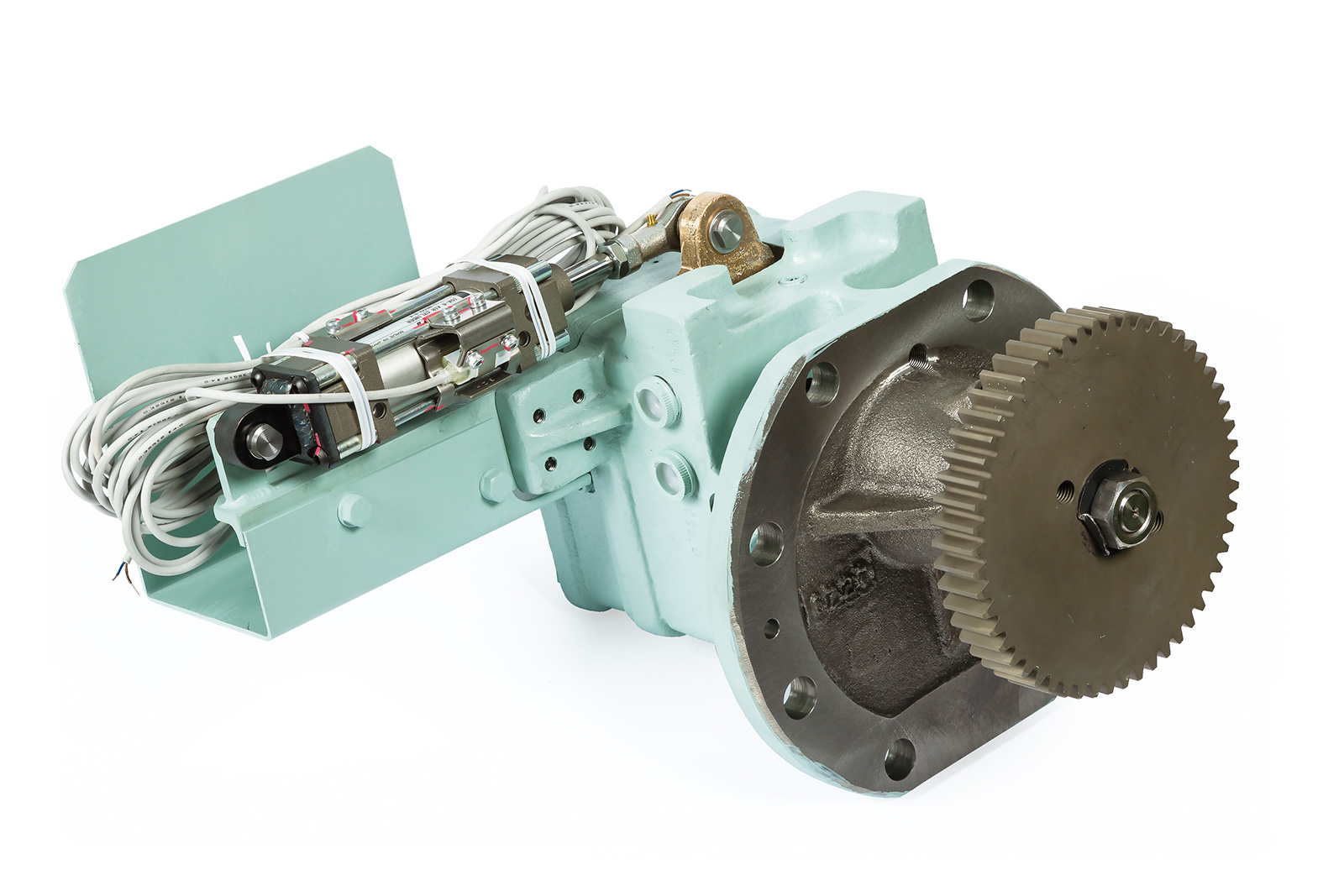
Fuel Pump Parts
Fuel pump parts are incorporated in the fuel supply circuit and fuel pump of large diesel engines to control high-temperature and ultra-high-pressure fuel oil. These products use heat-resistant and wear-resistant materials that can withstand the harsh environment of ultra-high pressure.
These parts are precision finished to the micron level to control concentricity, cylindricity, and runout.
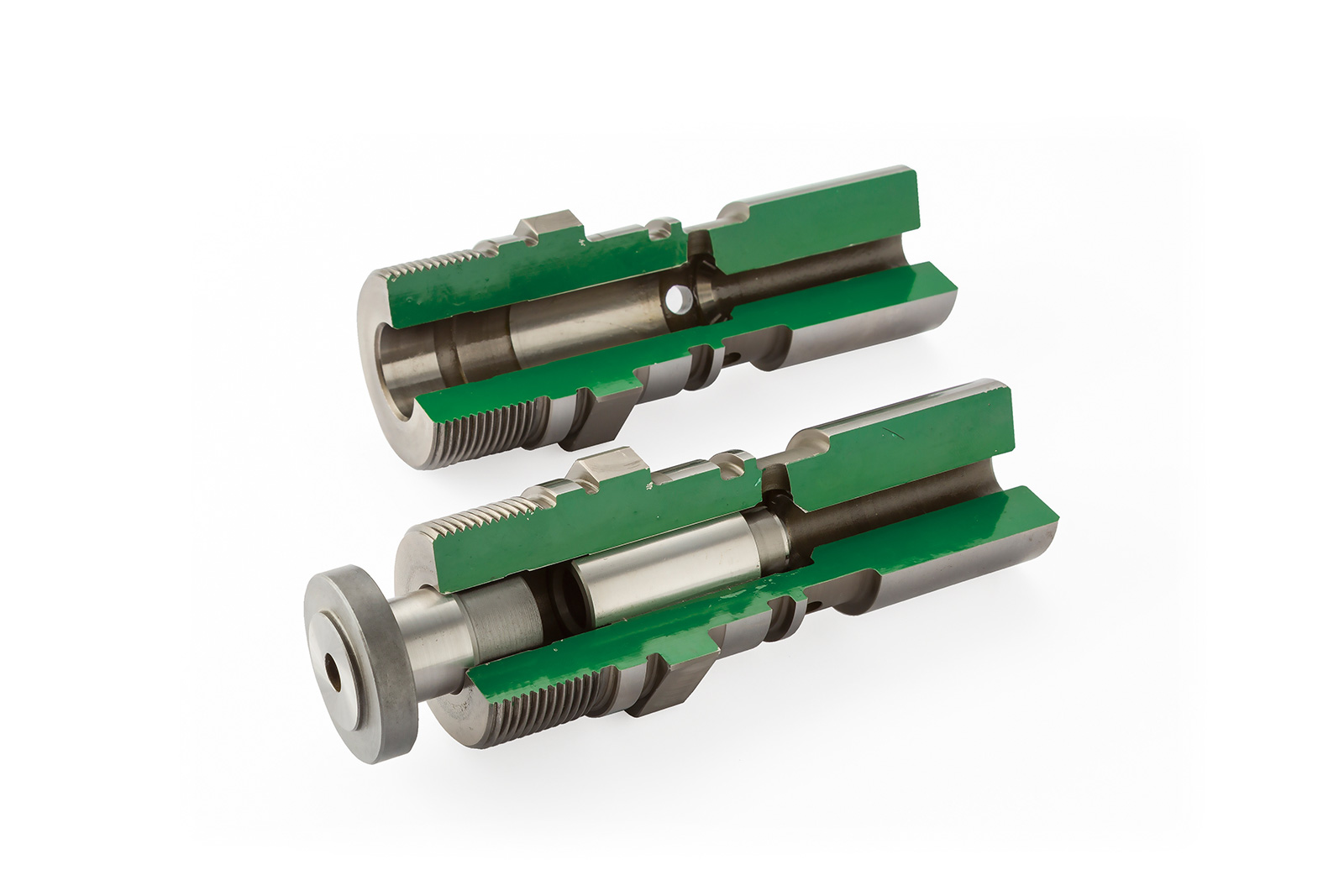
Check Valves (For Lubricators)
Check valves are incorporated in the lubricator to supply lubricant in large diesel engines.
This part is used to control lubricant on the piston sliding surface.
It regularly supplies lubricant to the sliding surface of the cylinder to prevent the piston from sticking.
